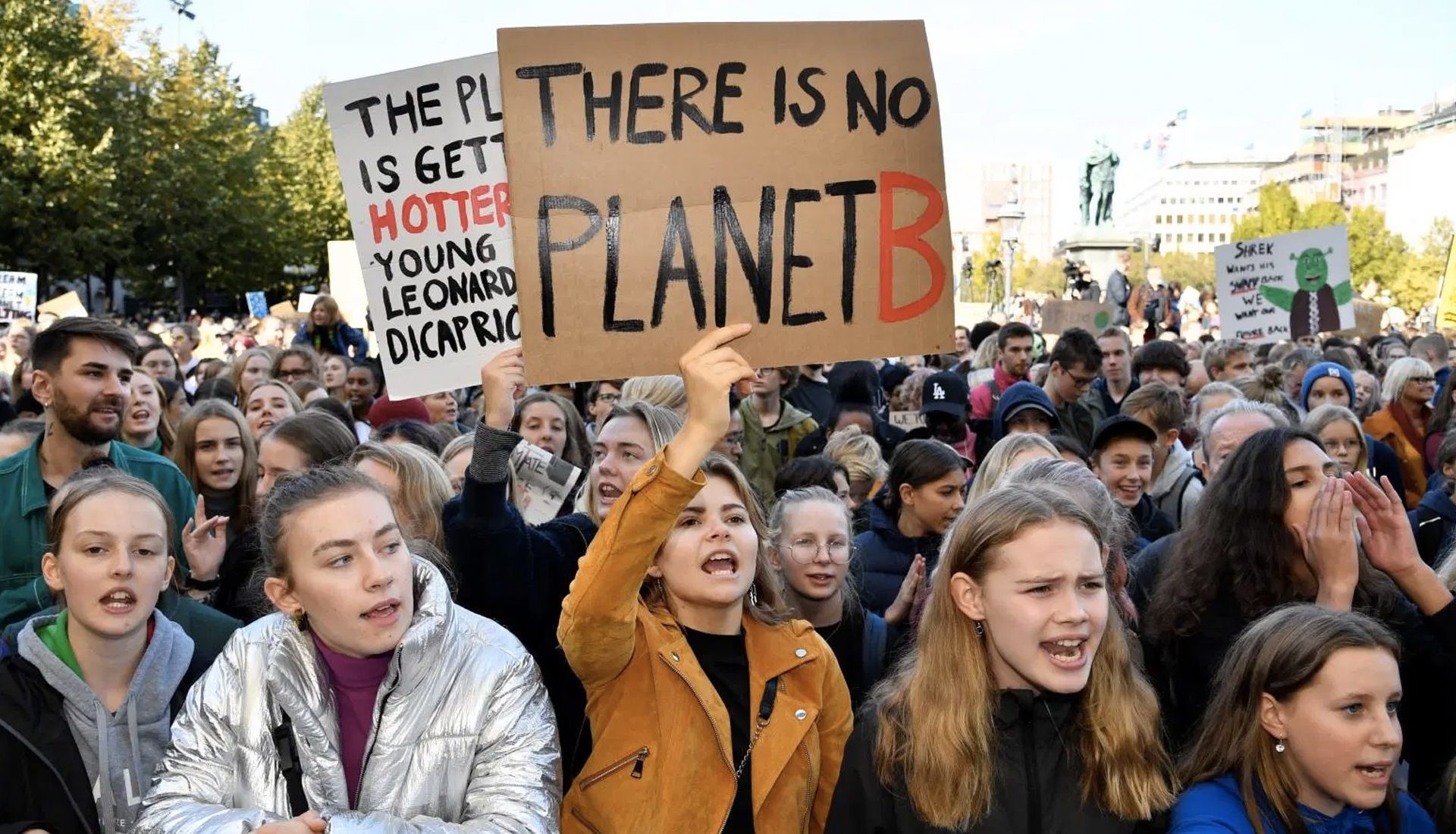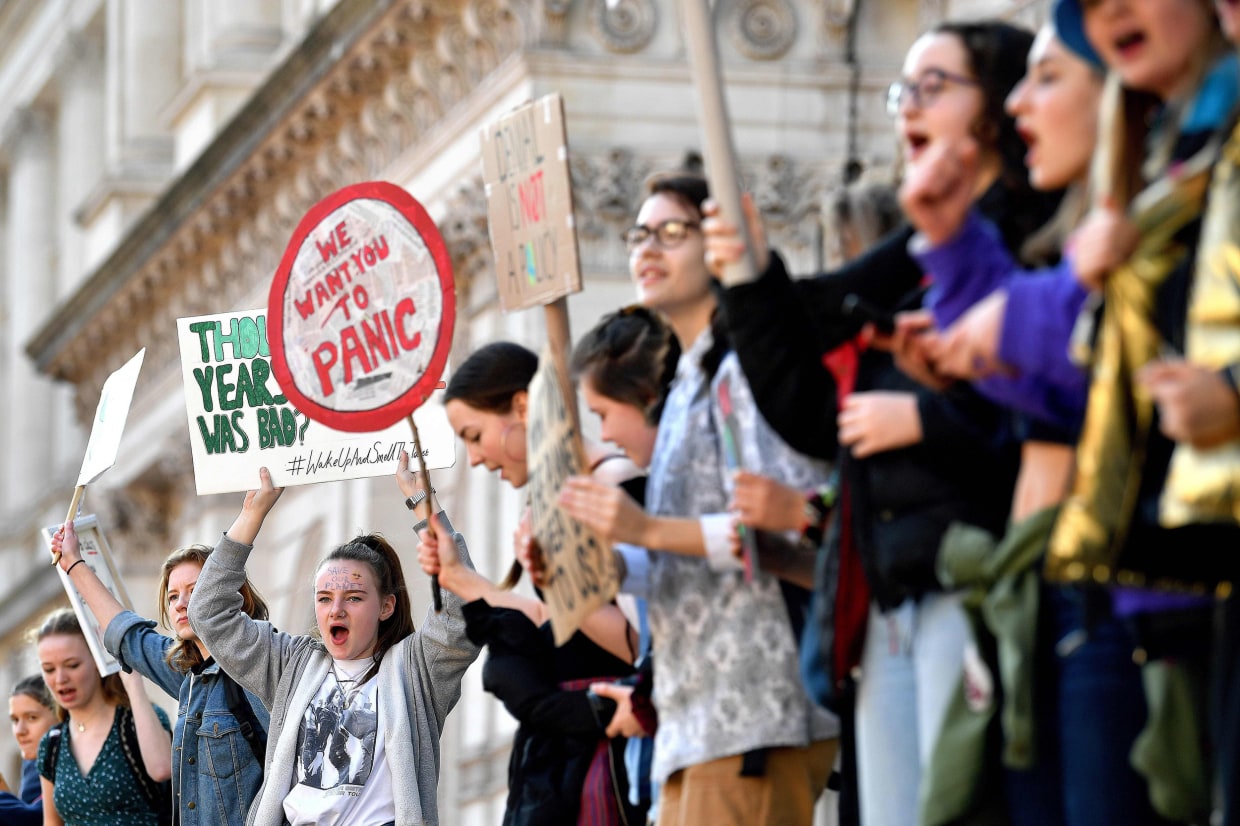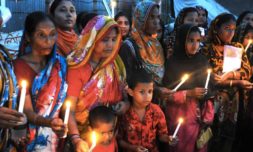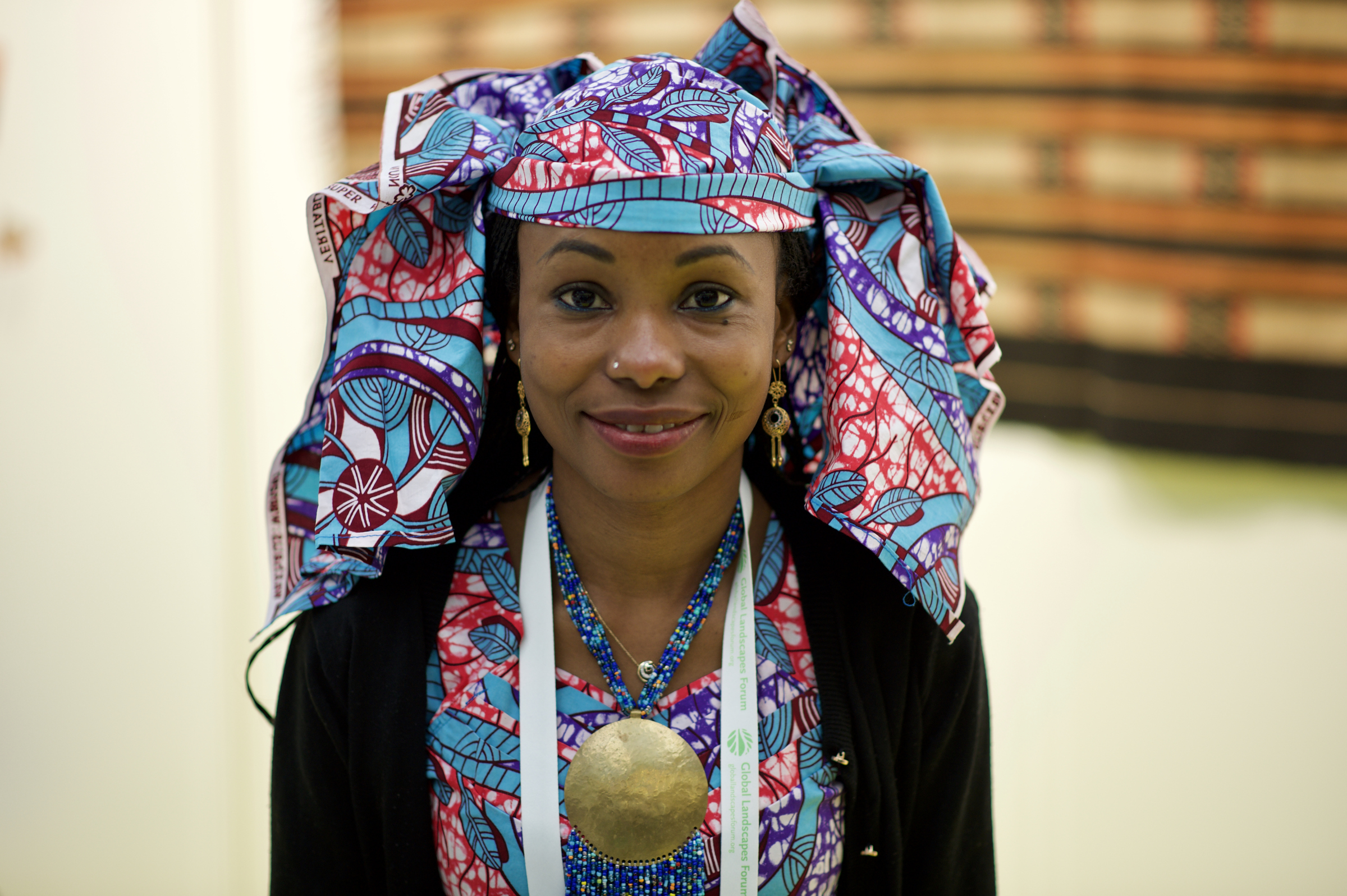Thanks to a cohort of inspiring females, climate change looks fitting to be the first issue of international importance shaped by the female gaze.
The other week I wrote a piece on how climate change disproportionately disadvantages women, and how we are likely to be the most disenfranchised by the process of global warming. It stands to reason, then, that in the fight against climate change, female perspective should be representatively disproportionate as well. History has shown, however, that one doesn’t always logically follow from the other.
For years the main players in political and social issues that mainly effect women, for example abortion legislation, have been male lawmakers. Rarely have we managed to shoulder their way into the limelight on any significant discourse, even ones where our sex are the main stakeholders, because in the past women were relegated to the background almost without exception.
With the rise of third wave feminism and the increasing presence of women in law chambers and on parliament floors, this peripheralisation is rapidly giving way to representation. Women are increasingly finding their voices heard on significant subjects, and with this newfound power we seem to have chosen the first landmark social change issue we’d like to take the lead on: climate change.
For many it began with Greta Thunberg’s meteoric rise to international acclaim. In a world exiting the Obama administration straight into a world of Trump’s and Boris’, where the typical rhetoric was at times understated and vague and at others faux humorous but always male, the plain-spoken Greta came as quite a surprise. As Greta herself states in this interview with Rolling Stone, ‘I’m very tiny and I am very emotional, and that is not something people usually associate with strength.’
She goes on to state, ‘I think weakness, in a way, can be also needed because we don’t have to be the loudest, we don’t have to take up the most amount of space, and we don’t have to earn the most money [to be heard]’. Greta is using the word ‘weakness’ here with the context it’s absorbed from a male-oriented culture.
By ‘weakness’ she’s referring to the times she cried on camera whilst discussing the degradation of her future by corrupt governments and capitalist profiteering. She’s referring to the time she got flustered and stumbled over her words whilst improvising speeches in a second language to an audience of millions. By ‘weakness’ she means acts of great strength where she dared show her humanity in an ostensibly emotional situation, garnering her a diagnosis of ‘anger management issues’ from the President of the United States (he may as well have cast her off with a case of ‘the vapours’ and suggested she be institutionalised for hysteria).






















